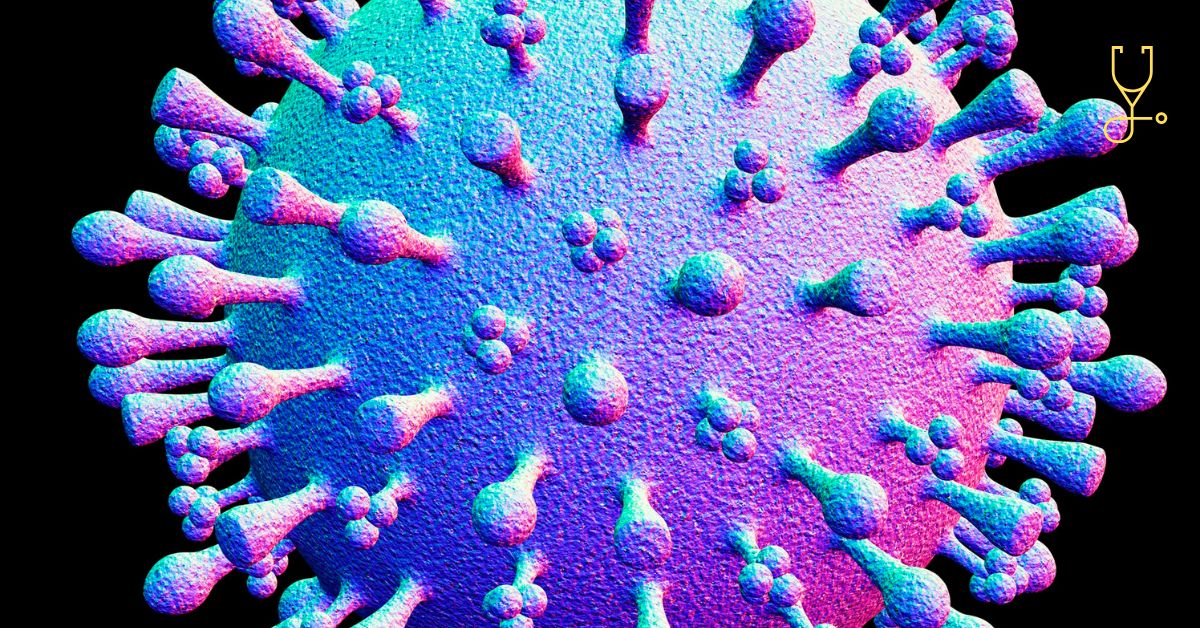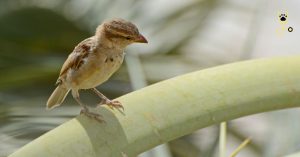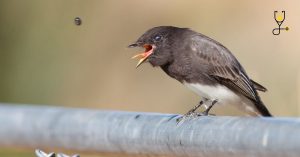Have you ever had that moment when everything stops and worry takes over? That’s how pet owners feel when they hear their beloved bird has been infected with avian flu. Avian flu, also known as the “bird flu”, can be a source of great concern among bird owners and veterinarians alike – it needs to be taken seriously. It is caused by various kinds of influenza viruses that target birds specifically, making them particularly vulnerable to infection – so much so, in fact, that the World Organization for Animal Health (OIE) considers it one of the most dangerous contagious diseases affecting poultry throughout the world. So let’s go on a journey together where we will explore this scary but important subject further: its causes, risks posed to your bird’s health–even some tips on preventing infection if possible!
What is Avian Flu?
Avian flu is a highly contagious disease caused by the Influenza A virus. This virus can quickly spread from one bird to another, making outbreaks of avian flu a potential risk for any flock of birds. In addition to this, it can also be transmitted through contact with contaminated objects or surfaces. It is important to note that while some strains of Avian flu can affect humans, most cases in pet birds are not transmissible to us.

The Signs and Symptoms of Avian Flu
1: Respiratory Symptoms
When dealing with avian flu, the most common signs and symptoms are respiratory in nature. These include coughing or wheezing, difficulty breathing, sneezing, gasping for air, nasal discharge, and an increased rate of respiration.
2: Reduced Appetite
Another common symptom is a loss of appetite or reduced appetite in your bird. This may be due to the virus causing discomfort when swallowing or just simply feeling unwell. If you notice that your pet bird has lost its appetite, it’s important to contact your veterinarian right away as this can have serious consequences on their health if left untreated.
3: Weight Loss
Avian flu can also cause weight loss in birds due to the virus causing anorexia or poor nutrient absorption. If left untreated, this can lead to further complications and even death in some cases.
4: Weakness
Another sign of avian flu is increased weakness or fatigue. This is often accompanied by a lack of interest in activities that the bird typically enjoys such as flying, playing, and interacting with its environment.
5: Diarrhea
Diarrhea is another common symptom of avian flu and can quickly become severe if left untreated. It’s important to watch out for any changes in your bird’s bowel movements as this could be a sign that they’re infected with the virus.
Causes of Avian Flu
Avian flu is caused by the Influenza A virus, which can be spread through contact with infected birds or contaminated surfaces. The virus can also be transmitted by dust and feathers from an infected bird – meaning it’s important to take extra precautions when cleaning your birdcage or aviary. In addition to this, wild birds can also be a source of infection as they may carry the virus without showing any symptoms themselves.
How Can Avian Flu Be Prevented?
Although there is no surefire way to completely prevent avian flu in your pet birds, there are a few steps you can take to reduce the risk of infection.
1: Quarantine New Birds
The first and most important thing to do is quarantine any new birds before introducing them into your existing flock. This allows time for any potential illness or viruses to be identified before it spreads throughout the entire group.

2: Vaccination
Vaccination is another key step in preventing avian flu from spreading within your flock. There are several vaccines available that can help protect against certain strains of the virus; however, these should only be used as a precautionary measure and not as an alternative to other preventive measures such as proper hygiene and sanitation.
3: Proper Hygiene
In addition to vaccination and quarantine, it is also important to maintain proper hygiene and sanitation in your birds’ environment. This includes regularly cleaning cages and other areas where the birds live or play as well as providing fresh food and water on a daily basis.
Treatment of Avian Flu
Once a bird has tested positive for avian flu, it must immediately be isolated from the rest of the flock to prevent the further spread of the virus. Treatment typically involves supportive care such as fluids and electrolytes as well as antibiotics to help fight any secondary bacterial infections that may occur. In severe cases, antiviral drugs may also be prescribed.
It’s important to note that avian flu is an incredibly dangerous virus and can be fatal in some cases. Therefore, it is essential to take all necessary precautions to prevent the spread of the virus, including proper hygiene, quarantining new birds, and vaccinating your existing flock. If you suspect your bird may be infected, contact your veterinarian right away for further advice and treatment.
Prognosis
The prognosis for birds infected with avian flu varies depending on the severity of their condition. In milder cases, birds may make a full recovery with supportive care and proper treatment; however, in more severe cases, the virus can be fatal. It is also important to note that some birds may remain carriers of the virus even after they appear to have recovered from their infection.
Therefore, it is essential to take all necessary steps to prevent the spread of avian flu within your flock, as well as monitor for any signs or symptoms of infection in order to ensure early diagnosis and treatment. Additionally, if you suspect that one of your birds may be infected with avian flu, contact your veterinarian immediately for further advice and assistance. With proper preventive measures and prompt medical attention, avian flu can be effectively managed and even prevented altogether.

Conclusion
Avian flu is a highly contagious virus that can be fatal in some cases. It is important to take all necessary preventive measures to reduce the risk of infection, including proper hygiene, quarantining new birds, and vaccination. In addition, if you suspect your bird may be infected with avian flu, it is essential to contact your veterinarian immediately for further advice and treatment. With these precautions in place, avian flu can be effectively managed and even prevented altogether.
Key Takeaways
• Avian flu is a highly contagious virus that can spread through contact with infected birds or contaminated surfaces as well as dust or feathers from an infected bird.
• Quarantine new birds, vaccinate your existing flock, and maintain proper hygiene to reduce the risk of infection.
• If you suspect your bird may be infected with avian flu, contact your veterinarian immediately for further advice and treatment.
• With proper preventive measures and prompt medical attention, avian flu can be effectively managed and even prevented altogether.
Frequently Asked Questions
1. How do I know if my bird has avian flu?
The most common signs and symptoms of avian flu include respiratory distress, decreased appetite, lethargy, and/or changes in vocalization. If you suspect your bird may be infected with avian flu, it is essential to contact your veterinarian immediately for further advice and treatment.
2. Is there a vaccine available for avian flu?
Yes, there is a vaccine available that can help protect birds against certain strains of the virus. It is important to note that vaccination should be used as part of an overall preventative program and not as an alternative to other preventive measures such as proper hygiene and sanitation.
3. What is the prognosis for birds infected with avian flu?
The prognosis for birds infected with avian flu varies depending on the severity of their condition. In milder cases, birds may make a full recovery with supportive care and proper treatment; however, in more severe cases, the virus can be fatal. Some birds may also remain carriers of the virus even after they appear to have recovered from their infection. It is important to take all necessary steps to prevent the spread of avian flu within your flock, as well as monitor for any signs or symptoms of infection in order to ensure early diagnosis and treatment.
4. How can I prevent avian flu from spreading within my flock?
The best way to prevent the spread of avian flu within your flock is through proper hygiene, quarantining new birds, and vaccination. Additionally, it is important to monitor for any signs or symptoms of infection in order to ensure early diagnosis and treatment. If you suspect that one of your birds may be infected with avian flu, contact your veterinarian immediately for further advice and assistance.
5. Is there a cure for avian flu?
At this time, there is no known cure for avian flu; however, with proper preventive measures and prompt medical attention, the virus can be effectively managed and even prevented altogether. It is important to take all necessary steps to prevent the spread of avian flu within your flock, as well as monitor for any signs or symptoms of infection in order to ensure early diagnosis and treatment.








